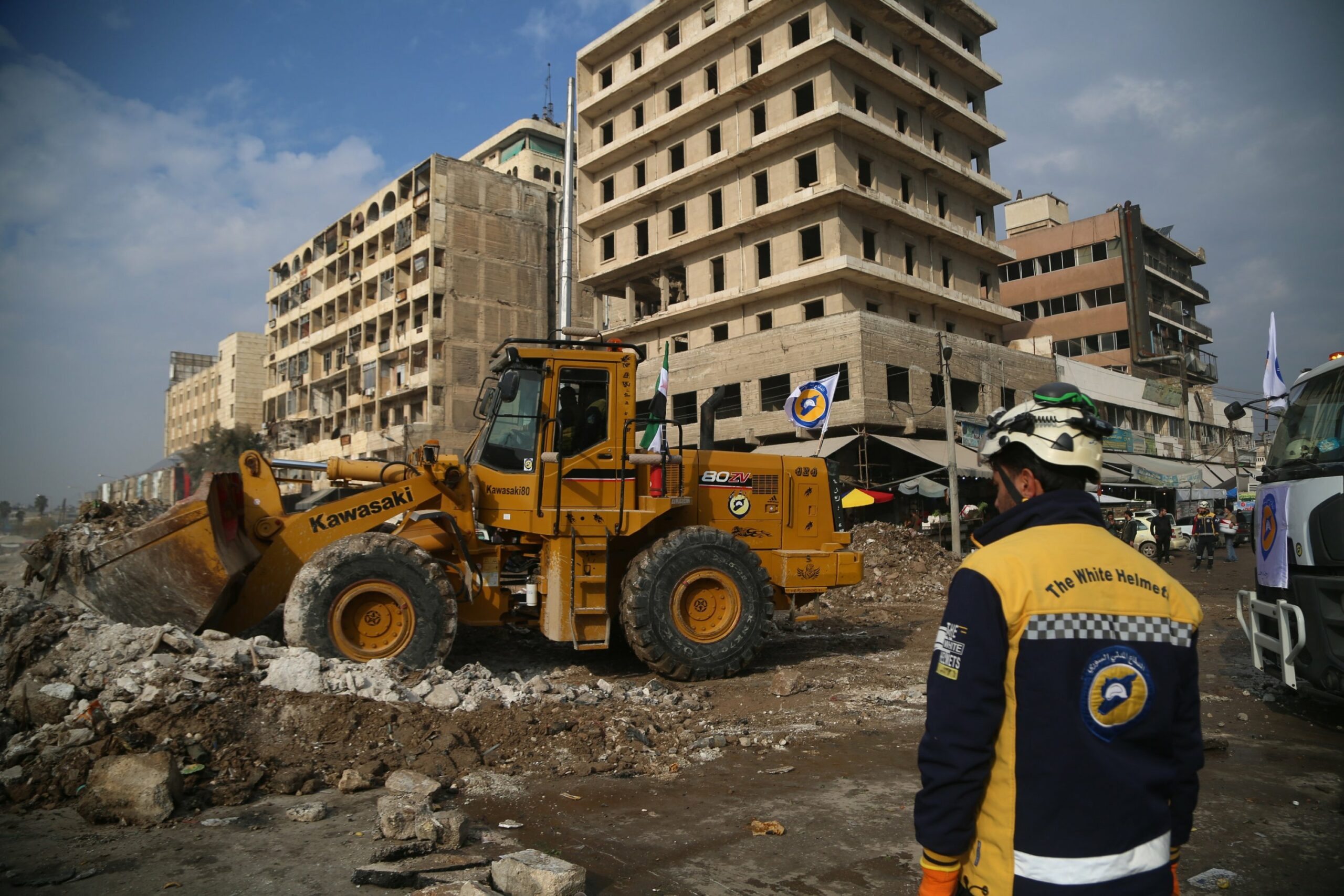
Syria’s path to recovery may be inching forward as regional powers and international institutions signal growing willingness to support reconstruction efforts, despite longstanding international sanctions.
Gulf and World Bank to Help Rebuild
Saudi Arabia is reportedly preparing to repay Syria’s $15 million debt to the World Bank, a move that would unlock millions in grants to aid the country’s crippled economy and decimated public infrastructure. Sources familiar with the matter told Reuters this marks the first known instance of Saudi financial assistance to Syria since the ouster of former President Bashar al-Assad last year.
World Bank officials have discussed helping Syria rebuild its power grid and support public sector salaries, key components of restoring basic services. Syria’s total external debt is estimated at nearly $20 billion, while the country remains cash-strapped after years of war and isolation. A prior plan to use frozen Syrian assets to cover the World Bank debt reportedly failed.
Meanwhile, Syrian Finance Minister Muhammad Yusr Barnieh met on Monday with a World Bank technical delegation in Damascus to discuss modernizing the country’s financial systems and restoring banking operations. The meeting reflects a renewed push to integrate Syria into global financial frameworks, with Barnieh emphasizing the need to rebuild ties and overcome the legacy of the former regime and Western sanctions.
Saudi efforts coincide with Qatar’s plan to supply natural gas to Syria through Jordan, a proposal that has received US approval, according to Reuters. Both moves suggest cautious regional backing for Syria’s reconstruction, previously hindered by uncertainty surrounding sanctions.
EU Reviewing Syrian Sanctions
The European Union may also be shifting its stance. EU foreign ministers on Monday discussed the possibility of easing sanctions on Syria during a meeting in Luxembourg. EU foreign policy chief Kaja Kallas confirmed the topic was on the agenda, alongside Middle East developments and the war in Ukraine.
Earlier, the EU welcomed the formation of Syria’s new government and expressed readiness to work with it. Syrian Foreign Minister Asaad al-Shaibani responded with optimism, saying international support is “strengthening hopes for the lifting of unjust sanctions” and creating new opportunities for economic recovery and reconstruction.
ISDB Development Opportunities
In another significant development, Syria resumed cooperation with the Islamic Development Bank (ISDB) for the first time in over a decade. A visiting delegation discussed supporting recovery through youth training, small and medium-sized enterprise financing, and broader development initiatives. Syria regained its membership in the bank on March 16 and was reinstated to the Organization of Islamic Cooperation earlier that month.
Though the impact of sanctions remains severe, Syria’s recent diplomatic re-engagement suggests a shift toward cautiously rebuilding its shattered economy, one financial and political gesture at a time.









